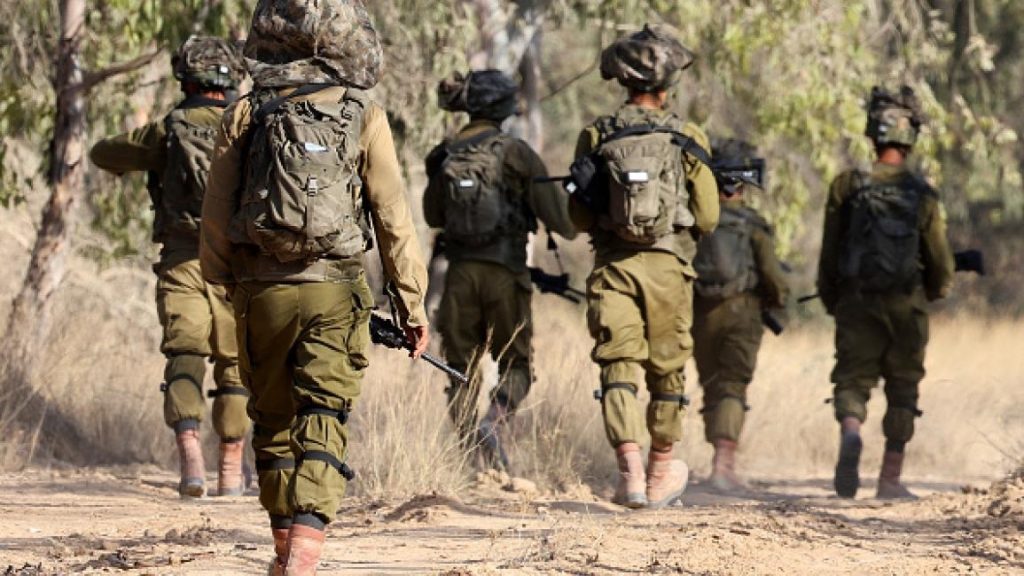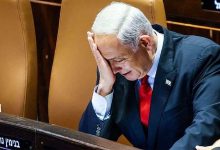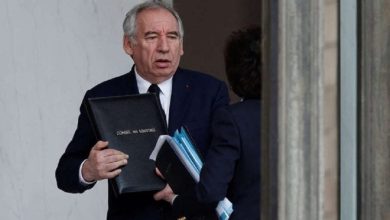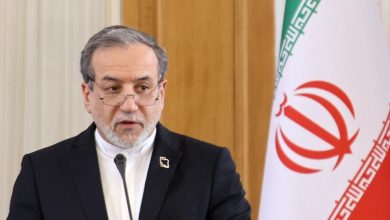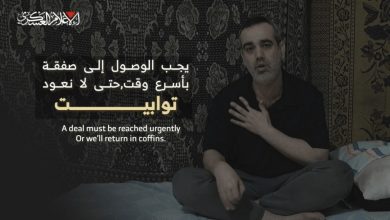Rising Consciousness in the Ranks Worries the Israeli Government
Reservists and military veterans openly question the Gaza war, challenging Netanyahu’s leadership and blurring lines between duty and dissent.

Watan-While Israeli Prime Minister Benjamin Netanyahu intensifies his bloody offensive on Gaza in the name of the war against Hamas, signs of unrest are beginning to surface within the Israeli army. What started as discontent among reserve pilots is now slowly spreading across broader segments of the military.
“Only an agreement can bring the hostages back safely, while military pressure primarily leads to their death and endangers our soldiers.” One sentence in particular drew attention:“The war mainly serves political and personal interests, not security interests.”
The government quickly responded to this implied accusation against the far-right policies of the Prime Minister. On the same day, army leadership announced that those who signed the letter would be excluded from service:
“Any active reservist who signed the letter will not be allowed to continue serving.”
The Prime Minister’s office also issued a statement:“Refusal is refusal—even if implied or phrased mildly.” The statement continued:“Statements that weaken the Israeli army and strengthen our enemies during wartime are unforgivable.”
The Israeli military resumed its air and ground assault on Gaza on March 18, claiming it was to pressure Hamas into releasing Israeli hostages. It is worth noting that the ceasefire from January 19 to March 17 led to the release of 33 Israeli hostages—eight of whom were deceased—in exchange for the release of approximately 1,800 Palestinian prisoners.
This breach of the ceasefire deepened divisions within Israeli society. The “legitimate emotions” following the October 7 attack were used as a pretext for a series of bloody retaliatory operations, sowing seeds of doubt and questioning. This is reflected in the varied reactions to the open letter by reserve or retired air force pilots.
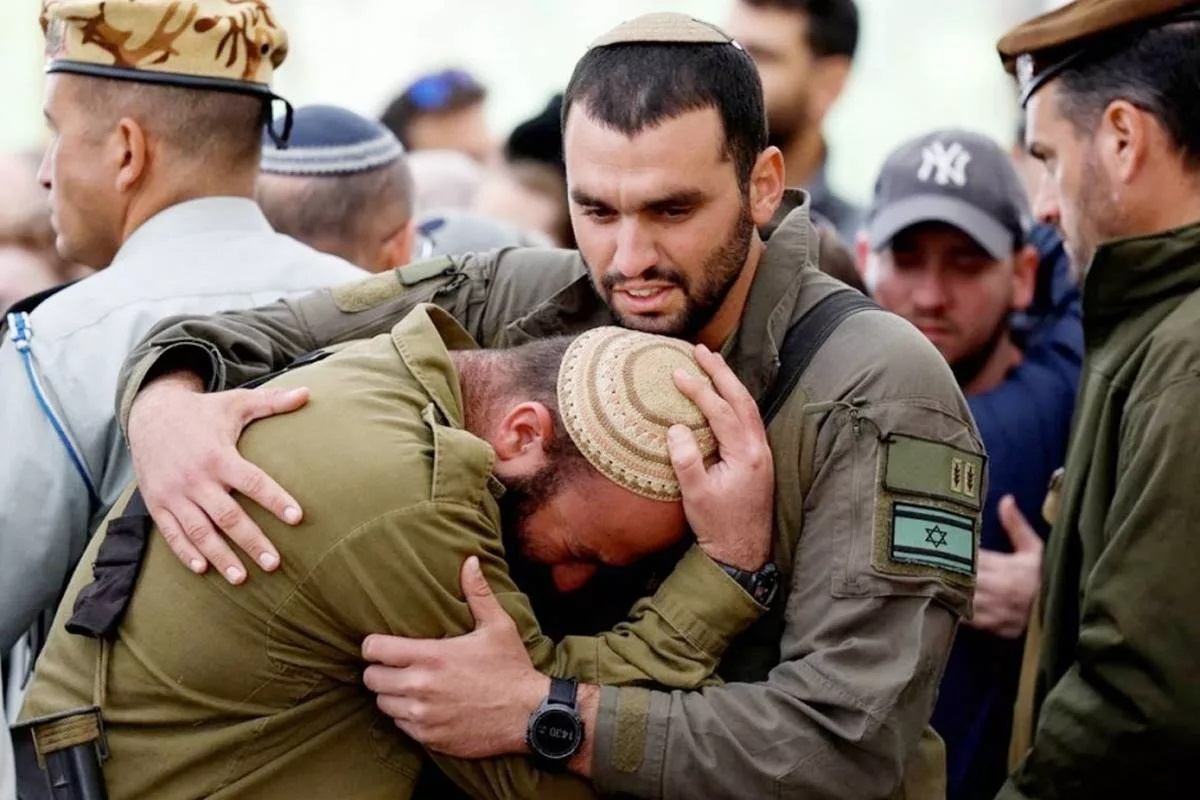
One of the signatories, speaking anonymously to the Yedioth Ahronoth newspaper in English, said:“This is not about rejecting or challenging the army, and it’s not directed against it.”
According to the newspaper, the army did not formally classify the letter as an act of insubordination or rebellion, since none of the signatories refused a direct order.
On the other hand, the free daily Israel Hayom—which has the largest distribution in Israel, despite publishing the letter—claimed it was written by “chaos instigators” and “agents of disorder,” whose only goal was to “tarnish the image of air force heroes” and “apply undue political pressure on the government.”
Despite media propaganda and military pressure, this awakening movement—which may pave the way for insubordination—appears to be expanding. On Friday, April 11, another letter was published in Israeli media, this time signed by about 250 reservists from Military Intelligence Unit 8200, expressing support for the pilots who spoke out the day before.
Their letter stated:“We share their deep and troubling concern that the war currently serves primarily political and personal interests—not security ones. We are concerned about the erosion of the reserve force and the rising rates of non-enlistment, and we fear the long-term consequences of this trend.”
The report questioned how long Netanyahu could continue to simply denounce those he calls “anarchists” who “seek to bring down the government.” Especially since veterans of the navy also issued a call to end the bloody operations in Gaza, joined by reserve doctors.
In Haaretz, Guy Perl, a military nurse, came forward publicly after having served without protest. He explained that he refused to resume fighting in March:“Innocent children and entire families in Gaza would have been wiped out—just to avoid the Israeli leadership having to face accountability, which will inevitably come after the fighting ends.”
He ended his article with a bold statement:“A government of criminals played on the people’s desire for revenge and inflated it in order to escape responsibility and strengthen its hold on power.”
Although he expected to be imprisoned, he was only fined. He concluded by saying:“No one should cooperate with such a regime. Our strongest—and perhaps only effective—form of resistance is refusing military service, combined with civil disobedience.”

